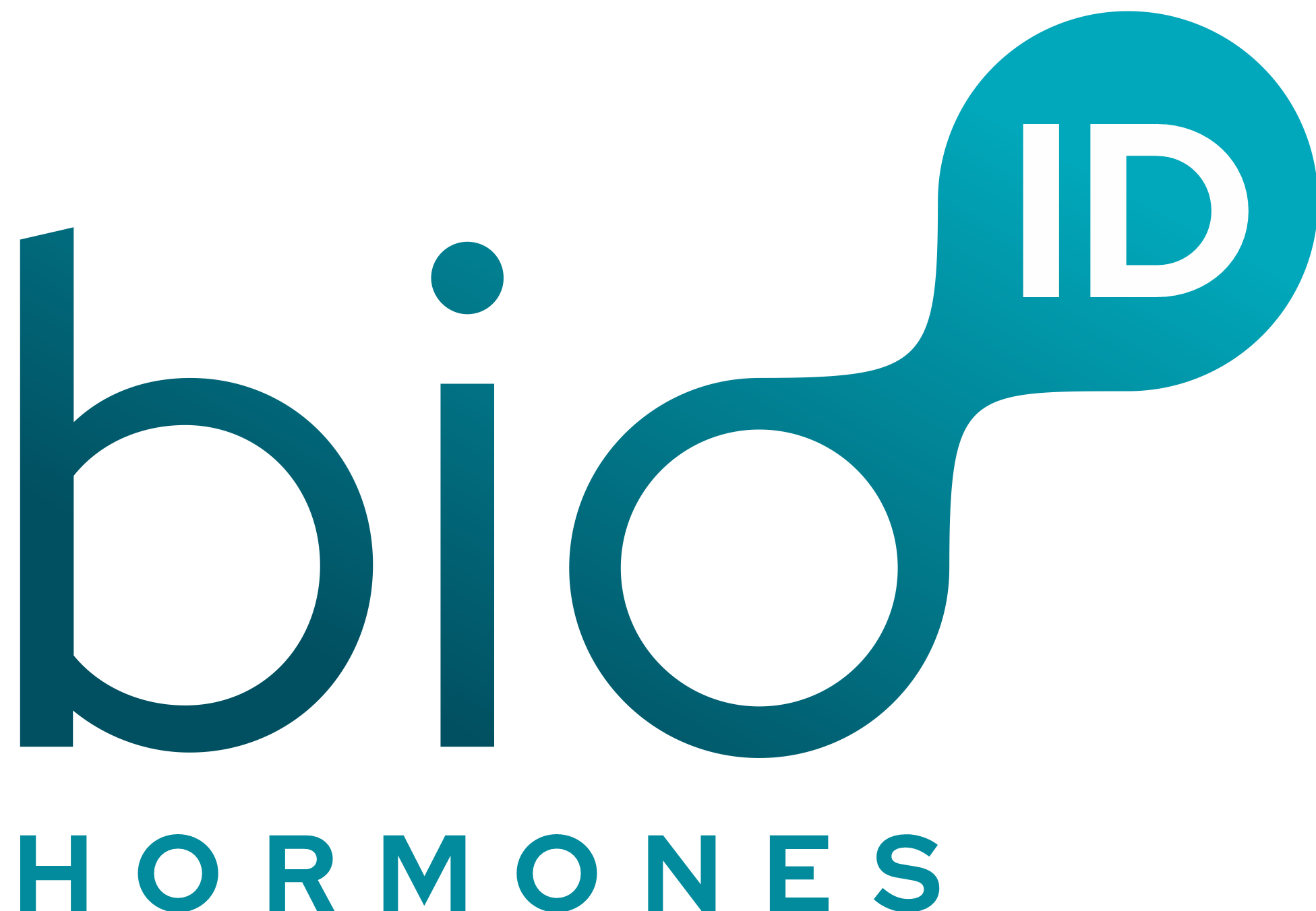1. Recognising Menopause
2. Common Symptoms of Menopause
Hot Flashes
Mood Changes
Sleep Disturbances
Vaginal Dryness and Discomfort
3. Hormone Replacement Therapy (HRT)
4. Lifestyle Changes for Managing Menopause
The Significance of Physical Activity and Excercise
Optimal Nutrition and Diet
Stress Management Techniques
Maintaining a Regular Sleep Schedule
5. Complementary Therapies
Herbal Supplements and Remedies
6. Complementary Therapies
Herbal Supplements and Remedies
7. Acupuncture and Alternative Therapies
8. Mind-Body Practices
9. Considerations for Women in the UK
Access to Healthcare Professionals
Availability of Treatment Options
Support Resources and Organizations
Conclusion
Faqs
Can menopause occur before the age of 45?
Yes, menopause can occur before the age of 45, and it is known as premature menopause.
Are there any natural remedies for hot flashes?
Some women find relief from hot flashes by using natural remedies like soy products, flaxseed, or evening primrose oil. However, results may vary, and it’s best to consult with a healthcare provider.
Is HRT safe for everyone?
HRT is not suitable for everyone. It is important to discuss individual health history, including any pre-existing conditions, with a healthcare provider to assess the risks and benefits of HRT.
Can lifestyle changes alone manage menopause symptoms?
Lifestyle changes can significantly improve menopause symptoms, but for some women, medical treatments like HRT may be necessary for adequate symptom relief.
How long does menopause typically last?
Menopause can last for several years, with symptoms ranging from a few months to several years. On average, the duration of menopause is around four to five years, but it varies for each individual.
